Description
Bowling Alone by Robert D. Putnam examines the decline of social capital and civic engagement in American society over the past several decades. Putnam traces the reduction in community participation, from voter turnout to membership in local organizations, and the rise of individualism. He argues that this decline has led to weakened social bonds and a less connected, more isolated society. Drawing on extensive data, Putnam highlights the consequences of this shift for both individuals and society, including reduced trust, cooperation, and civic responsibility. Bowling Alone is a profound exploration of the erosion of community life and a call to rebuild the networks of social capital that strengthen democracy and social cohesion.

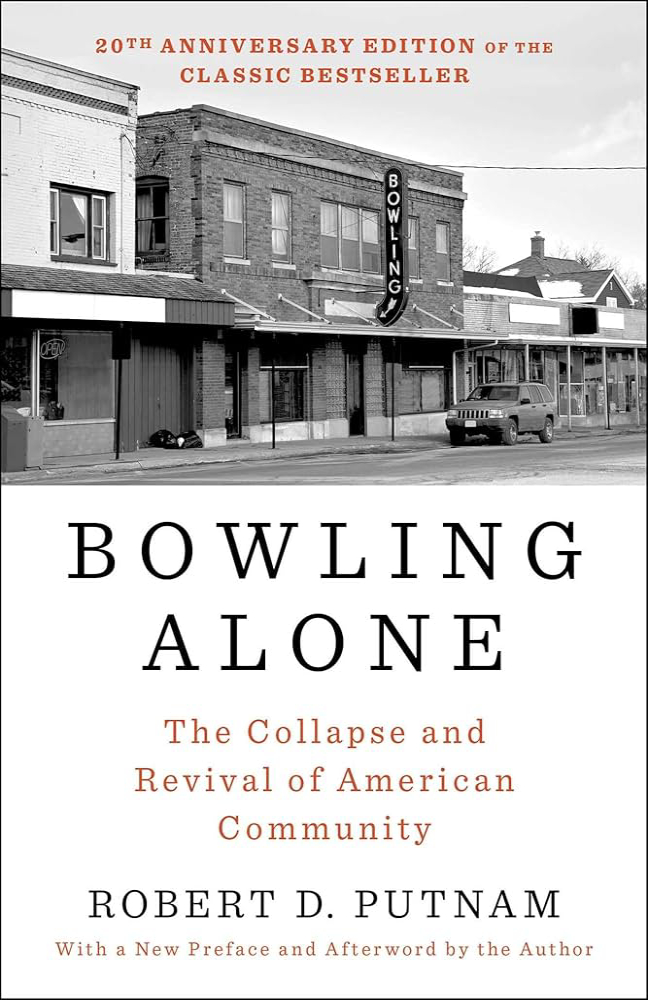
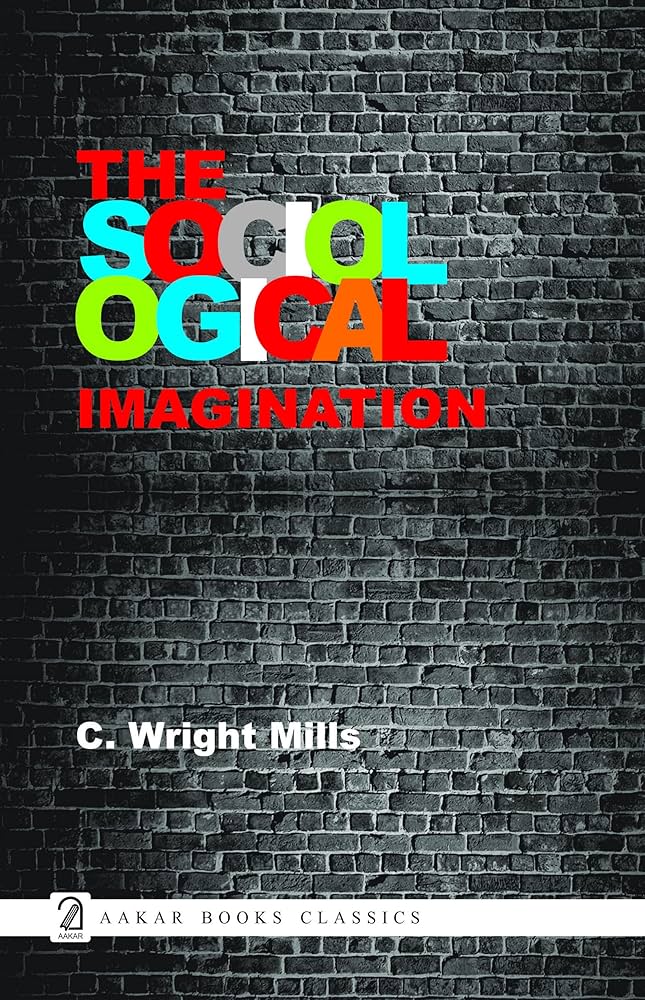
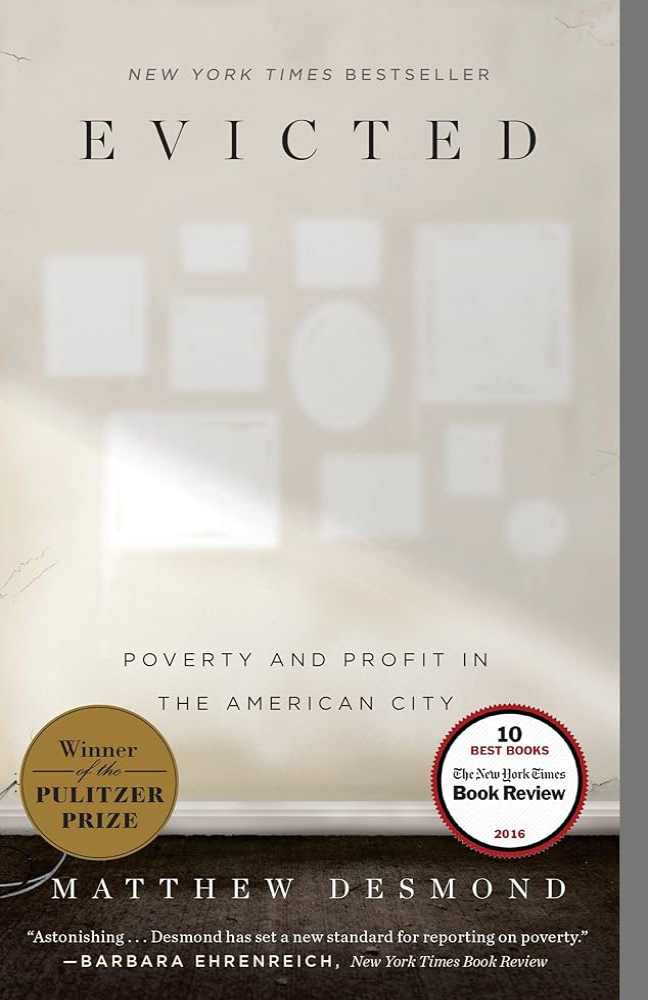
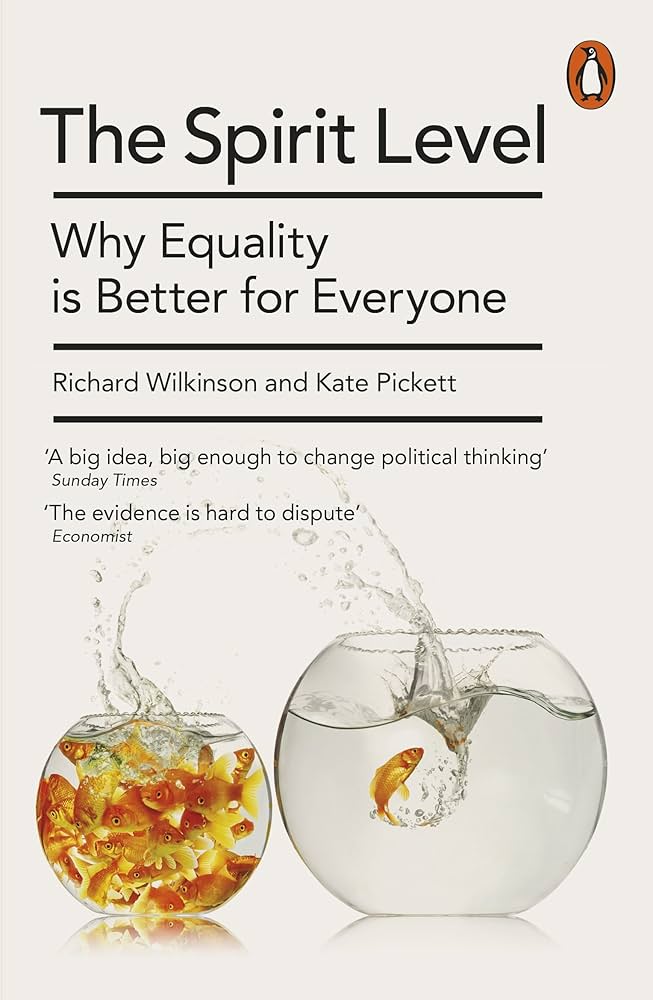
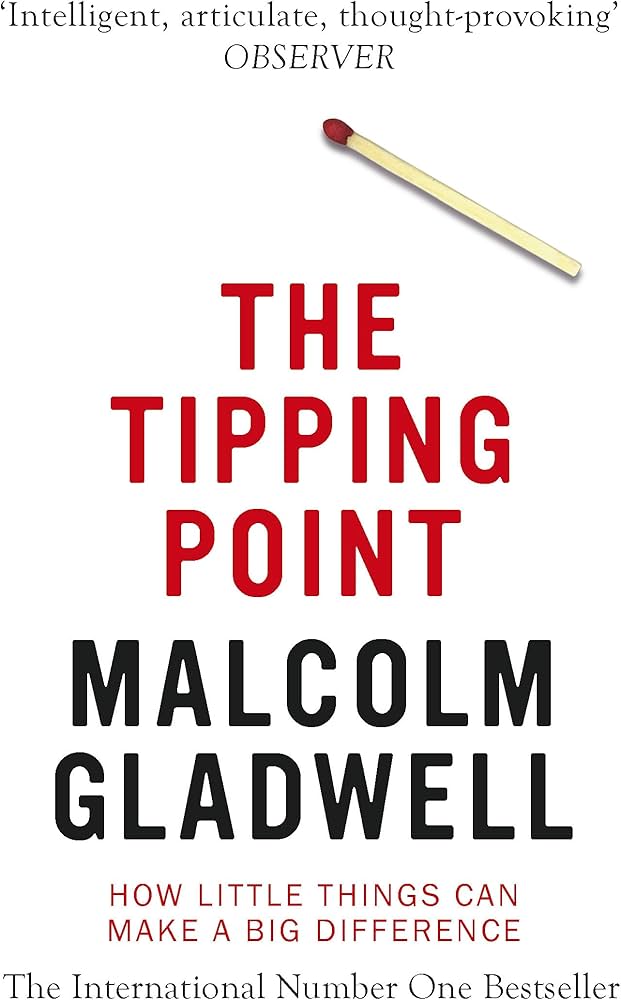
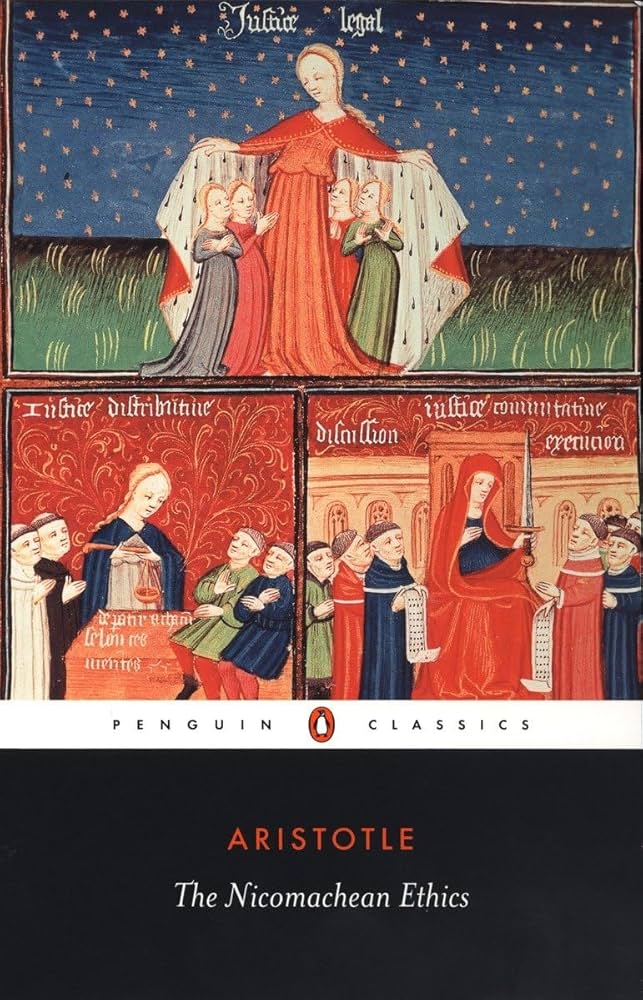

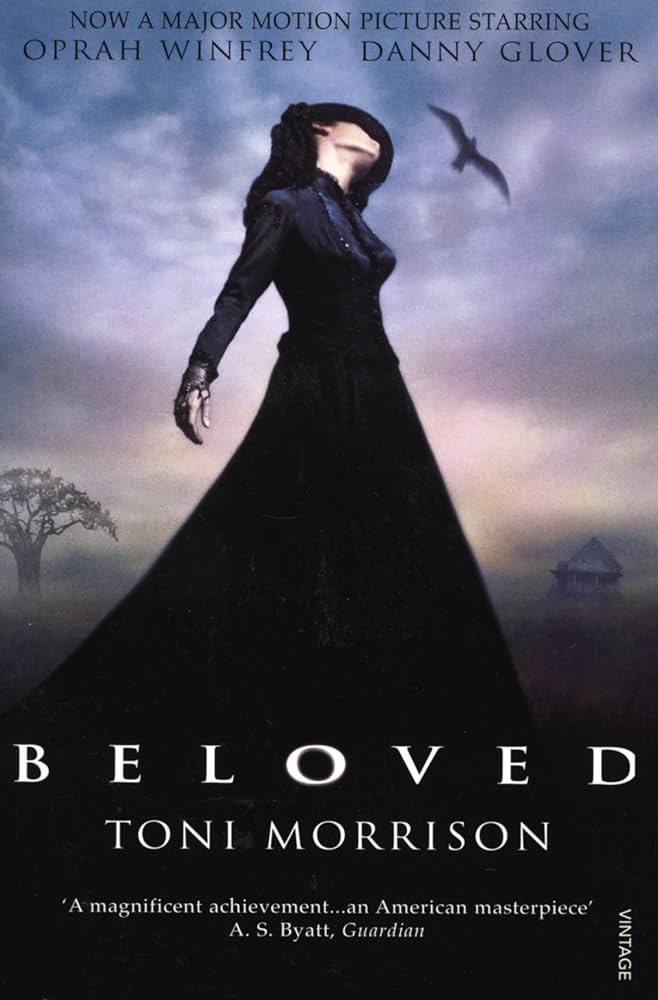
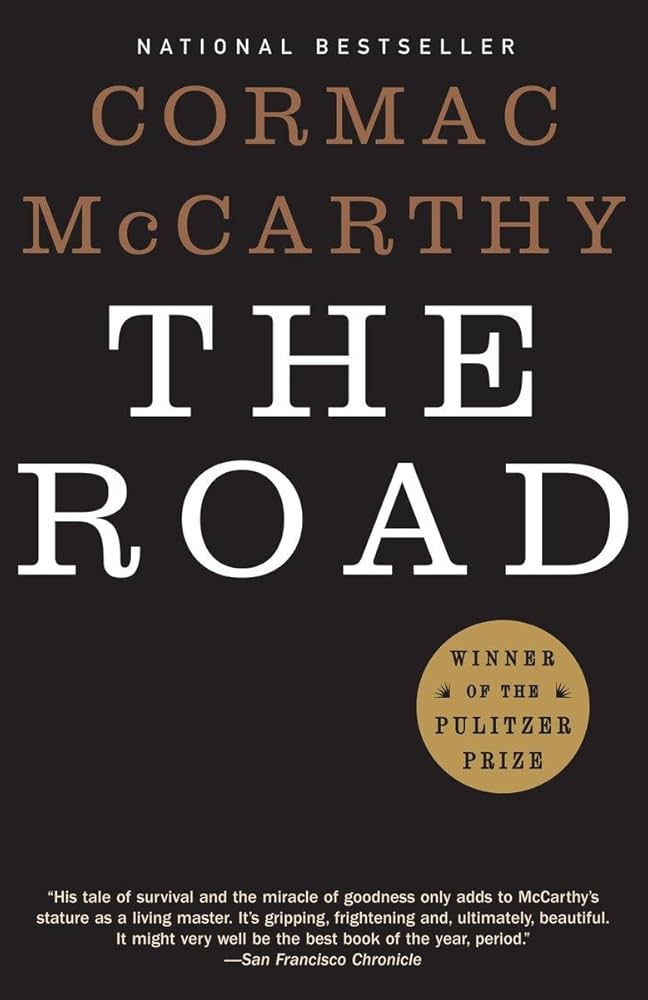

Ijeoma –
“Bowling Alone” is an extraordinary exploration of the decline of social capital in America. Putnam’s meticulous research and compelling insights shed light on the alarming consequences of our increasingly isolated and fragmented society. By examining the decline of bowling leagues and other social organizations, Putnam uncovers a profound loss of community, civic engagement, and trust. This groundbreaking work serves as a clarion call to address the erosion of our social fabric and inspire collective action to rebuild our connectedness and strengthen our democratic institutions.”
Tijjani –
“Bowling Alone” is a groundbreaking and thought-provoking work that exposes the decline of social capital in America. Putnam’s meticulous research and incisive analysis shed light on the alarming trend of decreasing civic engagement, community involvement, and social trust. Through compelling anecdotes and empirical data, this book challenges us to confront the consequences of our increasingly atomized society and to take action to strengthen our social fabric.”
Halimatu –
“Bowling Alone” is an essential read for anyone concerned about the decline of community and social capital in modern society. Putnam’s groundbreaking analysis of data and personal stories paints a vivid picture of a society that is increasingly isolated and fragmented. Yet, amidst this bleak assessment, Putnam also offers hope, arguing that we can rebuild our communities through civic engagement and a renewed commitment to social connections. By providing a comprehensive and thought-provoking examination of a crucial societal issue, “Bowling Alone” serves as an urgent call to action and a valuable tool for understanding the complexities of modern community life.
Kunle –
“Bowling Alone” delves into the decline of American social capital, painting a thought-provoking picture of its impact on our communities and lives. Putnam argues convincingly that we have become increasingly isolated and distrustful, with profound consequences for our civic engagement, political participation, and economic well-being. It is a landmark work that challenges us to confront the erosion of our social fabric and inspires us to recommit to creating more vibrant and connected communities.
Fidelis –
“Bowling Alone” is an eye-opening book that sheds light on the decline of social capital in America. Robert Putnam’s insightful analysis and compelling evidence provide a valuable framework for understanding the impact of social isolation on our communities and individuals. The book’s exploration of the factors contributing to this decline, such as technological advancements and the rise of individualism, offer invaluable insights that can inform policymakers and individuals alike. It’s a must-read for anyone concerned about the state of our society and seeking solutions to foster stronger social bonds.”
Umma –
“Bowling Alone” is an enlightening exploration into the decline of social capital in America. Putnam’s thorough research and compelling anecdotes shed light on the critical role social connections play in fostering civic engagement, trust, and overall well-being. I found the book to be both thought-provoking and deeply engaging. It has inspired me to reflect on the importance of investing in relationships and creating vibrant communities where people feel connected and valued.